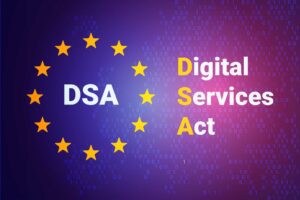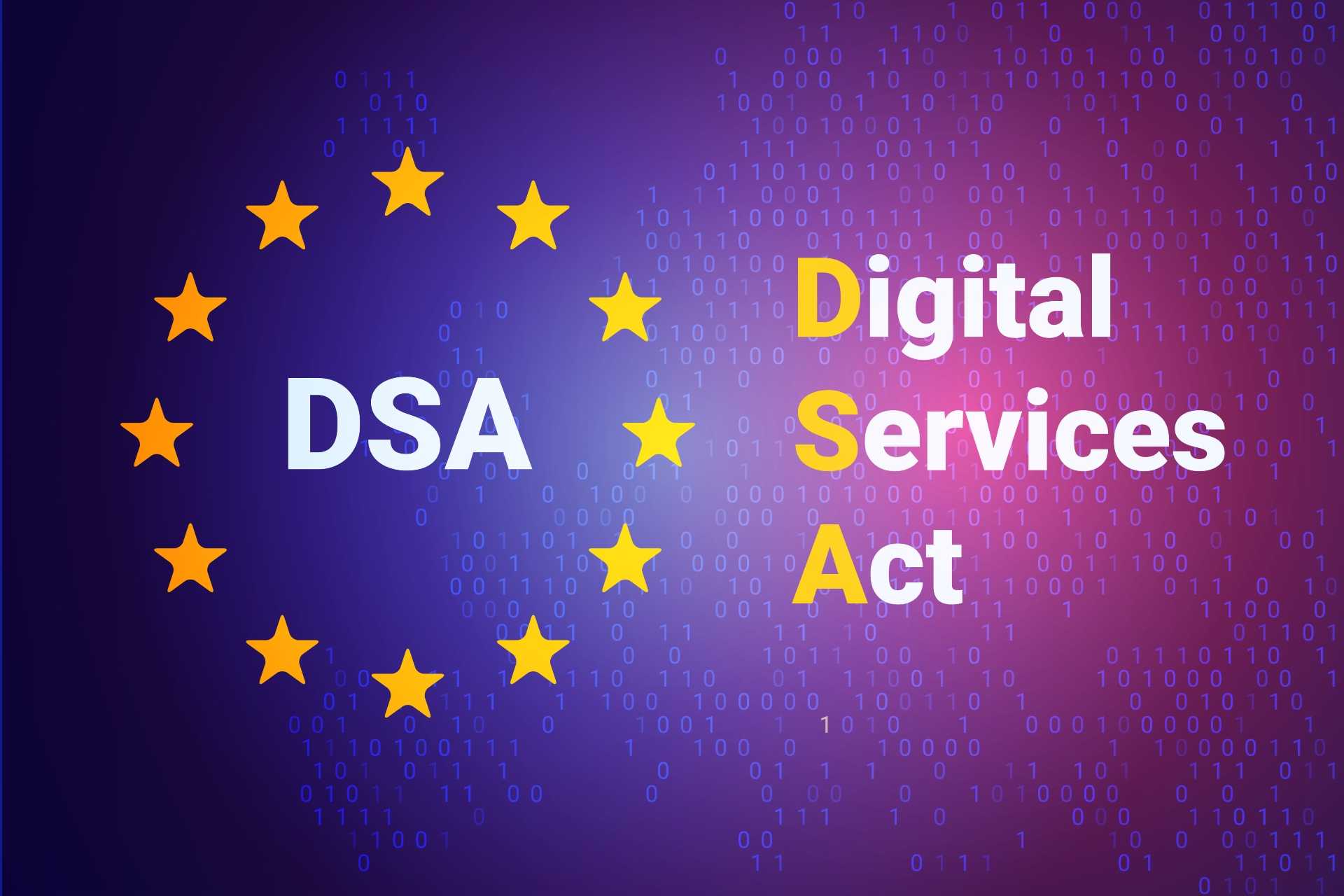What is the Supply Chain?
4.0 technologies, such as Blockchain, Internet of Thing (IoT) and Artificial Intelligence (AI), applied to corporate Supply Chain processes, improve the relationship between companies, suppliers and customers. But at the same time they expose companies to the risks of the Web, highlighting the importance of a strategic vision in terms of Cyber Security.
What is the Supply Chain? The Supply Chain is an articulated and complex process that requires careful planning. In fact, it allows companies to bring a specific product or service to the market. In other words, the Supply Chain is the network that includes individuals, organizations, resources, activities and technologies in order to create and sell a product. It goes from the delivery of the materials from the supplier to the producer, to the moment in which goods or services are made available to consumers.
The Supply Chain includes six steps:
- Choice of suppliers and procurement of raw materials;
- Processing of raw materials;
- Product development and creation;
- Order/sale fulfillment;
- Product delivery;
- Customer support and return services.
An efficient Supply Chain management gives an important competitive advantage. Indeed, it simplifies exchanges and interactions between the parties, optimizes resources, avoids waste, reduces costs and helps satisfying customer requests more quickly.
Cyber Security and Supply Chain: what are the most common attacks and how to defend your company?
The Clusit 2021 Report on ICT security in Italy and around the world, by the Italian Association for Information Security, shows how no sector is immune from cyber attacks. In fact, in 2020 alone, 1,871 serious attacks of public domain were recorded. These are attacks that have a systemic impact on every aspect of society, politics, economy and geopolitics.
The report also highlights an increase in attacks through the Supply Chain. These compromise third parties and allow cybercriminals to target a company’s customers, suppliers and partners.
Today the relationship between companies and suppliers is increasingly digital. For this, cybercriminals can compromise in different ways any link in the corporate supply chain, in order to steal sensitive data or information.
The most common attacks on the corporate supply chain are:
- Watering Hole: is the evolution of Phishing and Social Engineering. The Watering Hole is a cyber attack based on the use of a malware that infects the websites most used by a certain group of users. Hackers use this type of attack to steal access keys and data;
- Ransomware: it is a virus that takes control of a computer and encrypts the It can also limit the access to the device (PC, tablet, smartphone). The hacker demands a ransom from the victim to restore access to the system or to decrypt the files.
Every party involved in the supply chain is a potential risk factor. For this reason, the adoption of Cyber Risk prevention and management measures is essential. In addition, companies need adequate Cyber Security tools to detect third-party violations and protect the Supply Chain from cyber threats.
What is Cyber Security? Cyber Security, often mistaken for Information Security, is a subclass of IT Security and focuses on the security of information accessible by IT systems.
Furthermore, Cyber Security refers to the qualities of resilience, robustness and responsiveness that a technology must have to face cyber attacks against individuals, private and public companies, and government organizations.
7 tips to reduce the risks for the company supply chain
In a recent article on the Procurious website, Indy Chakrabarti, Avetta’s Chief Strategy & Marketing Officer, outlined 7 tips for reducing risk and efficiently managing the Supply Chain, which is increasingly global, complex and dynamic.
- Work with qualified suppliers and build relationships of trust;
- Know where the risks lurk (for example: regularly request safety statistics from suppliers or find new ones who meet company standards);
- Don’t be afraid to take risks and balance the risk/reward ratio;
- Prioritize environmental and social sustainability from the very beginning;
- Collaboration between the product development team and the supply chain managers is the key to staying competitive in the market;
- Use AI to predict demand and reduce excessive or insufficient purchases;
- Centralize supply chain data with a state-of-the-art API.
How to protect the company Supply Chain? Namirial solutions for Cyber Security
Namirial is the leading company in providing solutions to automate business processes through its digital trust services. We have always been committed to IT security and in recent years we have significantly increased investments in research and development in this area.
Taking advantage of the know-how and experience in the sector, Namirial has created Cyber Expert, the digital platform dedicated to IT security that scans for IT threats to allow a correct risk assessment and activate suitable countermeasures.
The results of the analyzes are fundamental: they measure the effectiveness of the security systems, highlight the gaps and allow to prioritize investments in Cyber Security.
Here are the main advantages of Cyber Expert:
- No software: Cyber Expert is a ready-to-use web platform, with significant savings in time and money;
- Simplicity: you just have to enter the required data on the platform (public IP address, email, domain, web address) and plan the analysis. When ready, CyberExpert sends the report directly to your email address;
- Intuitive reports: the reports generated by Cyber Expert are comprehensive and easy to understand. They highlight the vulnerabilities of the computer system, report the presence of your data in the deep web, data breaches and malware, and guide you in countering actions;
- Available APIs: are you a reseller? You can integrate the Cyber Expert platform into your online shop through the APIs that Namirial gives you. Your customers can access the platform directly from your website.
Furthermore, with CyberExpert by Namirial, you fully comply with the General Data Protection Regulation of the European Union (GDPR). In fact, the legislation has important implications for data privacy, and also indicates several specific regulations on data security (Sec. 2, art. 32, par 1, letter d: obligation for companies to implement processes to evaluate “the effectiveness of technical and organizational measures for ensuring the security of the processing”).








